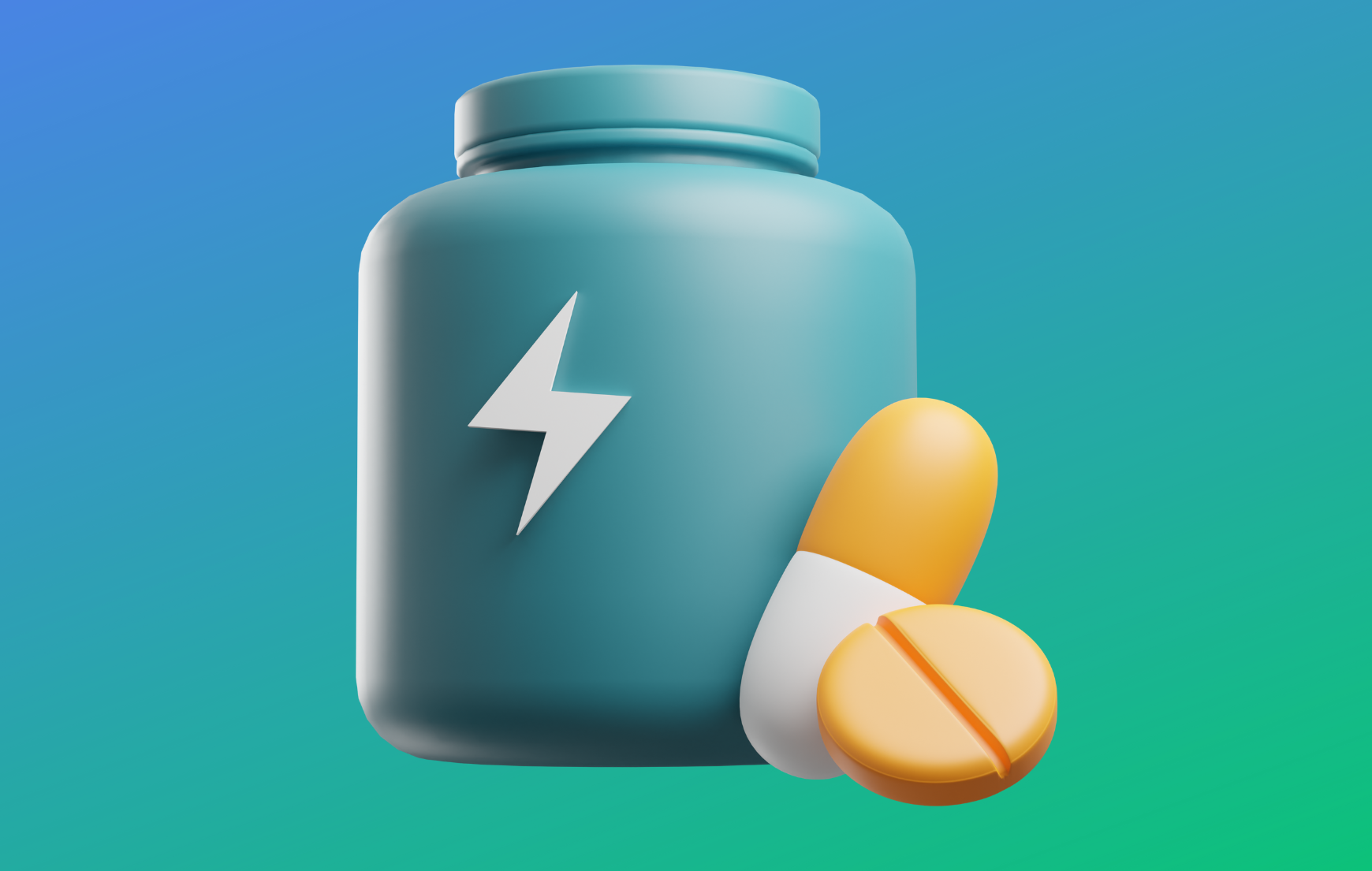Organic protein powders have gained popularity among fitness enthusiasts and individuals aiming to improve their nutritional intake. These powders help people meet their daily protein needs, and come in various types, including whey, soy, hemp, pea, nuts, and rice-based.
Organic versions often contain additional nutrients like vitamins, minerals, healthy fats, or probiotics. However, whether they are superior for muscle gain compared to conventional protein powders is a topic worth exploring.
Understanding Protein and Its Role in Muscle Gain
Protein is one of the essential macronutrients required for building, repairing, and maintaining body tissues, including muscles. When you exercise, especially with resistance training, your muscle fibers suffer microscopic tears.
Protein helps repair these tears, leading to muscle growth. For those who exercise regularly, consume a plant-based diet, or don’t eat enough protein through food, protein powders can be convenient and beneficial.
What is Organic Protein Powder?
Organic protein powders are derived from ingredients that are grown without the use of synthetic pesticides, herbicides, or fertilizers. Common types of organic protein powders include
- whey protein (derived from milk)
- plant-based options such as soy, hemp, pea, nut, and rice proteins.
In addition to protein, many organic protein powders also contain added nutrients like vitamins, minerals, healthy fats, or probiotics. It is important to note that organic protein powders are not inherently nutritionally superior to conventional protein powders, but consuming organic products can reduce exposure to synthetic chemicals.
Benefits of Organic Protein Powder for Muscle Gain
1. High Protein Content
Organic protein powders are concentrated sources of protein, which is essential for muscle synthesis. This makes them particularly beneficial for individuals who exercise regularly, follow a plant-based diet, or struggle to meet their protein needs through food alone.
2. Convenience
Protein powders offer a quick and convenient way to increase protein intake, especially for individuals with busy lifestyles. Mixing organic protein powder into shakes or smoothies can make it easier to consume enough protein for muscle growth.
3. Reduced Exposure to Synthetic Chemicals
As mentioned earlier, organic protein powders are free from synthetic fertilizers, herbicides, and pesticides, which some individuals prefer to avoid for health or environmental reasons.

Comparing Organic and Conventional Protein Powders
A. Nutritional differences
There is no clear nutritional advantage in organic protein powders compared to conventional ones.
B. Presence of additives and chemicals
Organic protein powders do not contain GMOs and rely on more natural production practices, whereas conventional powders may contain GMOs and be produced with synthetic fertilizers, pesticides, and chemicals.
C. Taste and texture differences
Taste and texture vary depending on the brand and ingredients, with no general preference between organic and conventional.
D. Cost comparison
Organic protein powders are typically more expensive than conventional ones, but some people find the investment worthwhile due to the reduced exposure to synthetic substances and the perceived health benefits.
Potential Drawbacks of Organic Protein Powder
A. Limited protein sources
Some organic protein powders may have limited protein sources, which may not provide the full spectrum of essential amino acids.
B. Possible nutrient deficiencies
Although organic protein powders are often nutrient-rich, they may lack certain nutrients found in conventional powders.
C. Cost considerations
The higher cost of organic protein powders can be a barrier for some individuals
Choosing the Right Organic Protein Powder
When selecting an organic protein powder for muscle gain, it is important to consider the source of protein, especially if you have dietary restrictions or preferences (e.g., veganism, lactose intolerance).
Angie Asche, MS, RD, CSSD, recommends looking for a product with a minimal ingredient list, 20 grams of protein per serving or higher, and additional third-party testing labels such as NSF Certified for Sport or Informed-Choice for Sport Certified. These third-party testing labels ensure that the product has been tested for content accuracy and safety.
Top Pick for Organic Protein Powders

When it comes to choosing the overall best option among all organic protein powders, Transparent Labs Vegan protein powder comes out on top for a number of reasons, including:
- Highest protein amount per serving: 24g
- Lowest amount of sugars: 2g
- Best amino acid profile
- No GMOs
- No Artificial Sweeteners, Colors, or Flavors
Conclusion
Organic protein powder can be an effective supplement for muscle gain, especially for individuals concerned about the quality of ingredients and exposure to synthetic substances. However, they are not inherently superior nutritionally compared to conventional protein powders.
When choosing a protein powder, consider not only the source of the protein but also the additional nutrients, third-party testing, and personal preferences in taste and dietary restrictions. Incorporating protein powder should be part of a balanced diet and exercise regimen tailored to your fitness goals.
FAQ
What distinguishes organic protein powder from non-organic protein powder?
Organic protein powders must adhere to strict regulations, including not containing artificial preservatives, colors, or flavors. Their ingredients must be organic and free from synthetic pesticides and herbicides.
Is organic protein powder nutritionally superior to non-organic protein powder?
There may be no nutritional advantage in terms of protein content, amino acid content, or absorption between organic and non-organic protein powders. However, organic protein powders can be free from certain additives and synthetic substances, which some individuals might prefer for health or environmental reasons.
What should I look for when purchasing organic protein powder?
When purchasing organic protein powder, look for the “USDA Organic” seal to ensure it meets organic standards.

You must be logged in to post a comment.